Is It Okay To Pay Just The Minimum On Credit Card Debt?
Debt Guru
AUGUST 21, 2020
This is not the case with higher-interest unsecured debt such as credit cards. These lenders use a fairly straightforward system to calculate your minimum payment, but remember that this is a system that benefits the credit card company – not the consumer. Slow payoff or no payoff.

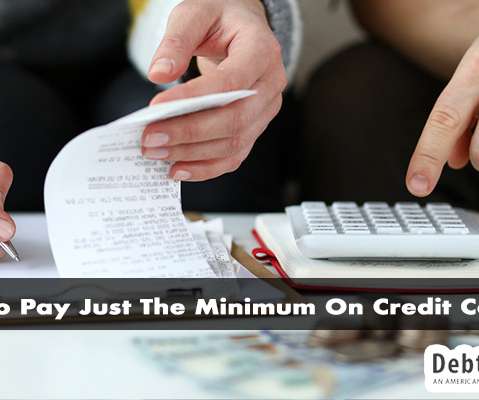
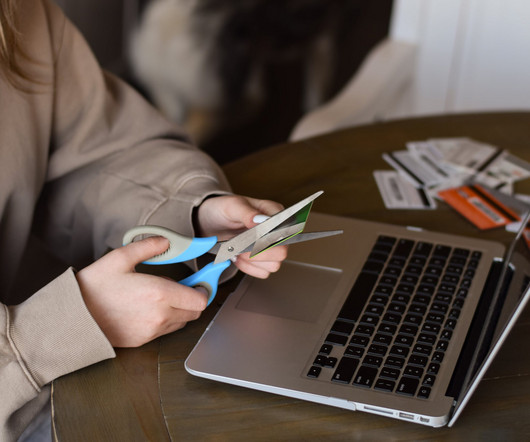






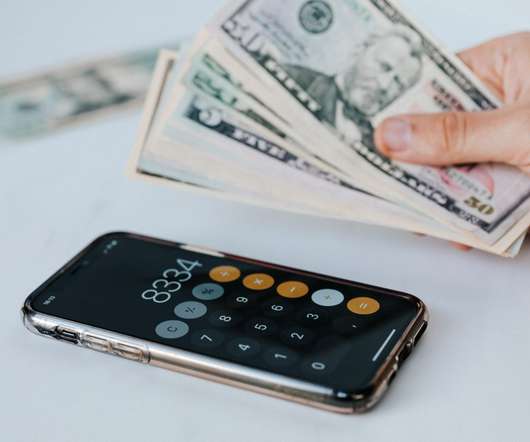

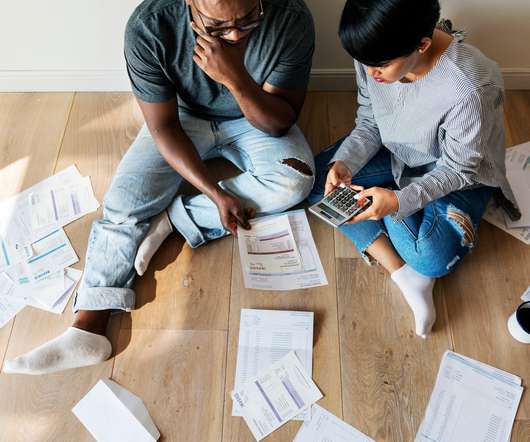







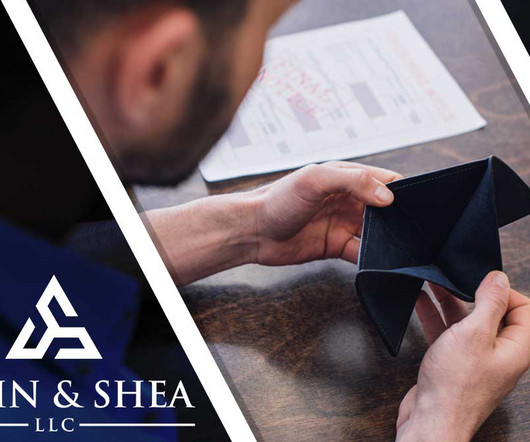


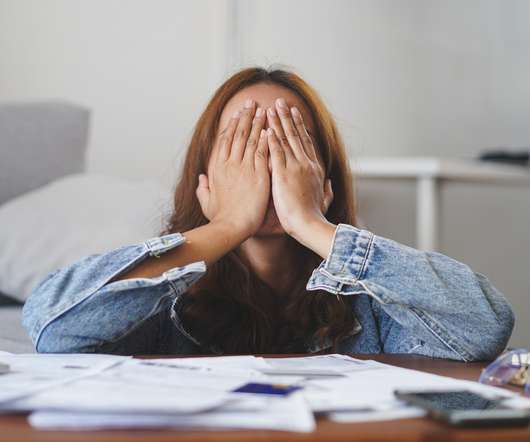







Let's personalize your content